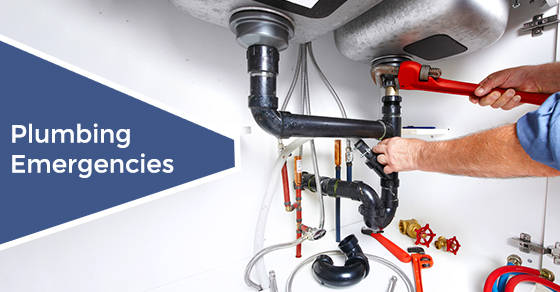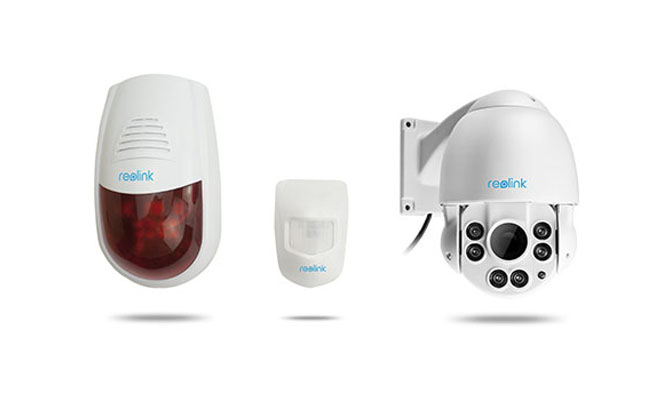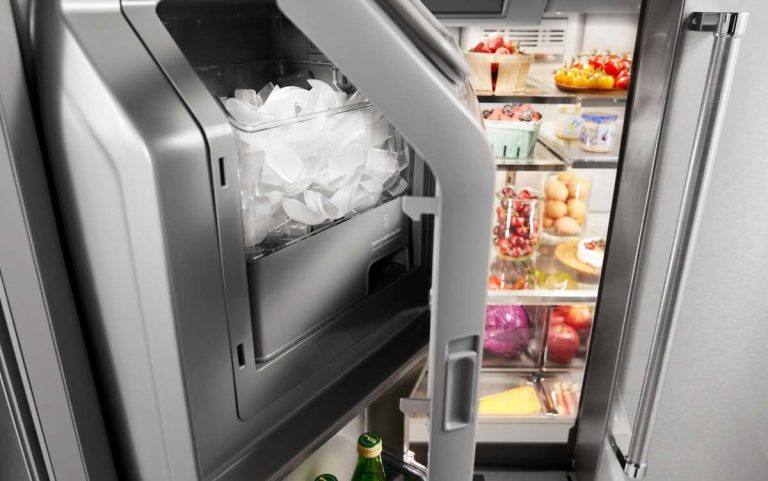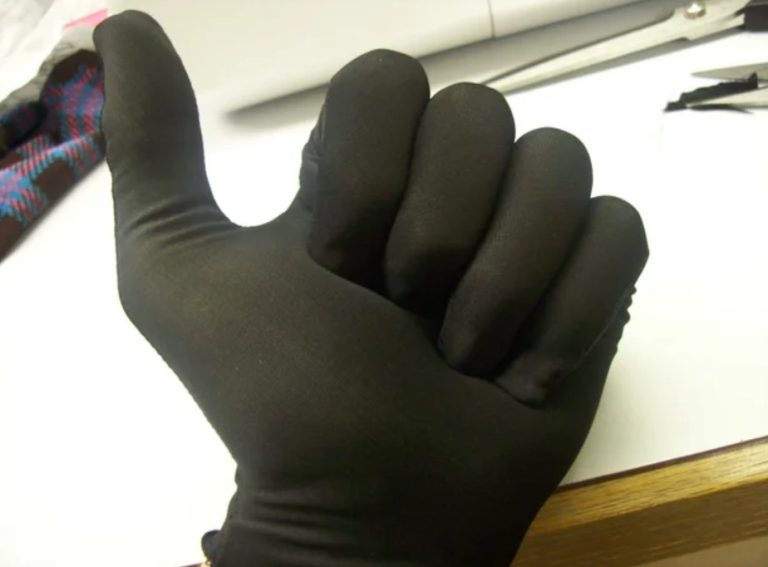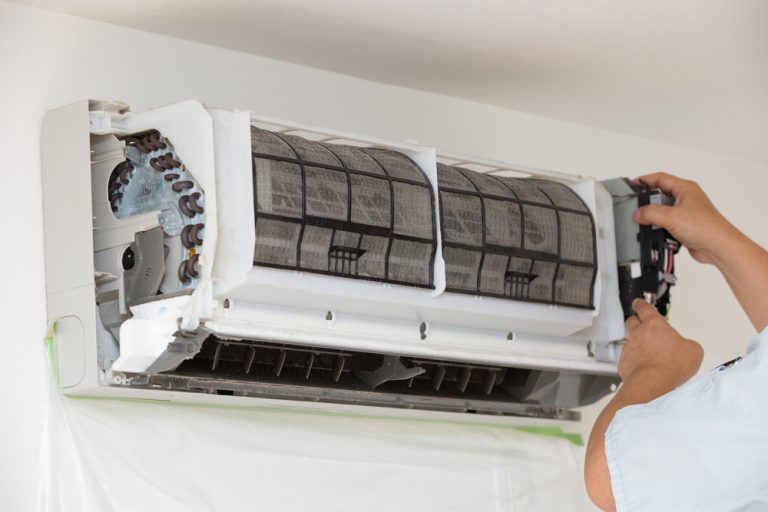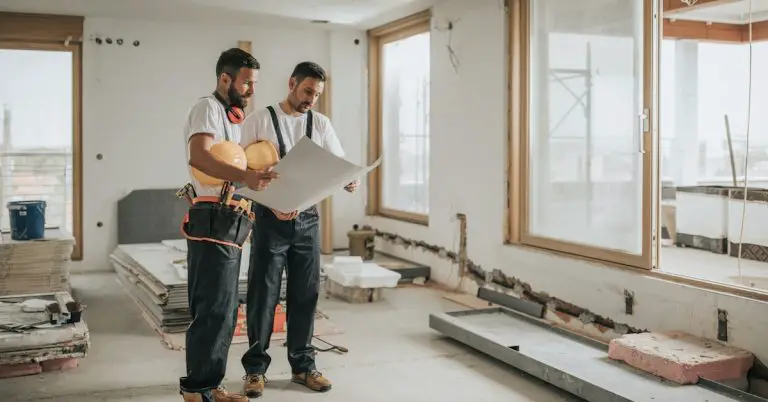How Do You Avoid A Plumbing Emergency?
Plumbing emergencies can be a major headache to deal with. They can cause damage to your home, cost you a lot of money in repairs, and leave you with a huge mess to clean up. Fortunately, there are steps you can take to avoid plumbing emergencies. By being proactive and maintaining your plumbing fixtures and pipes, you can save yourself from costly and inconvenient plumbing disasters. Following these tips can help you prevent plumbing emergencies and keep your home running smoothly.
Identifying Potential Issues
No one likes dealing with a plumbing emergency, so it’s important to identify potential issues in your home before they become a full-blown plumbing crisis. Common signs of plumbing issues include water leaking from pipes or fixtures, low water pressure, a foul smell coming from drains, clogged toilets or sinks, or discolored water. It’s also important to inspect appliances like dishwashers and washing machines for any signs of rust or wear and tear. Additionally, you should check the condition of your home’s main water valve and ensure that it’s closed off in the event of an emergency. If you do come across any of these issues, it’s best to contact a professional plumber to diagnose and repair the problem before it escalates.
Regular Maintenance and Care
Regular maintenance and care of your plumbing system is the best way to avoid a plumbing emergency. By taking preventative measures such as inspecting and cleaning pipes, drains, and fixtures, you can identify and address potential problems before they become emergencies. Additionally, keeping an eye out for signs of trouble like slow draining, foul odors, and water stains can alert you to an issue before it has a chance to become a full-blown emergency. Finally, if you have any concerns about your plumbing system, don’t hesitate to contact a qualified plumbing technician for an inspection and evaluation. Taking these steps can help you keep your plumbing system in top condition and avoid costly plumbing emergencies.
Clog Prevention Strategies
Clogs are one of the most common plumbing problems that can result in the need for emergency repairs. Clogs not only cause inconvenience, but they can also be costly to fix. Fortunately, there are ways to avoid clogged pipes and drains. Here is an overview of some of the best clog-prevention strategies you can implement in your home.
Start with the basics. Make sure to properly dispose of food scraps, grease, and other materials that can cause clogs. Install screens or hair traps over your drains to catch debris. Additionally, avoid pouring harsh chemicals down the drain as they can damage your pipes.
The next strategy is to invest in preventative maintenance. Have your plumbing system inspected and serviced regularly to keep it in top running condition. During the inspection, your plumber can look for signs of wear and tear that could cause clogs.
Finally, practice good water usage. Don’t allow water to run continuously for long periods. This can lead to a build-up of sediment and debris in the pipes. Also, avoid flushing items that should not be flushed down the toilet, such as paper towels, facial tissues, and cotton swabs.
By following these clog prevention strategies, you can help reduce the risk of needing emergency plumbing repairs. To ensure that your plumbing system is in good working order, contact a professional plumber. They can provide you with the necessary maintenance and repairs to keep your pipes and drains running smoothly.
Early Warning Signs of Plumbing Emergencies
Plumbing emergencies can happen without warning, but often they can be avoided if you look out for the early warning signs. Knowing what to look for and taking action quickly can help prevent a plumbing emergency from occurring in the first place. From a slow-draining sink to an unexpected leak, several signs indicate a plumbing disaster may be imminent.
One of the most common signs of a potential plumbing emergency is a foul odor coming from a sink, shower, or toilet. If you notice a strange smell coming from any of these areas, you should call a professional plumber right away, as this could be an indication of a sewer line blockage or a broken pipe.
If you notice a decrease in water pressure from your fixtures, this could be a sign of a plumbing leak. Leaks can be hard to detect, but they can be spotted by looking for water stains on the walls or ceilings or by monitoring your water bill for unexplained spikes in usage.
Another sign of a plumbing emergency is flooding or standing water. If you notice any pooling water near your sinks, toilets, or other appliances, you should shut off the water immediately and call a plumber. Standing water can be a sign of a broken pipe or a malfunctioning appliance, and can cause extensive damage if not taken care of quickly.
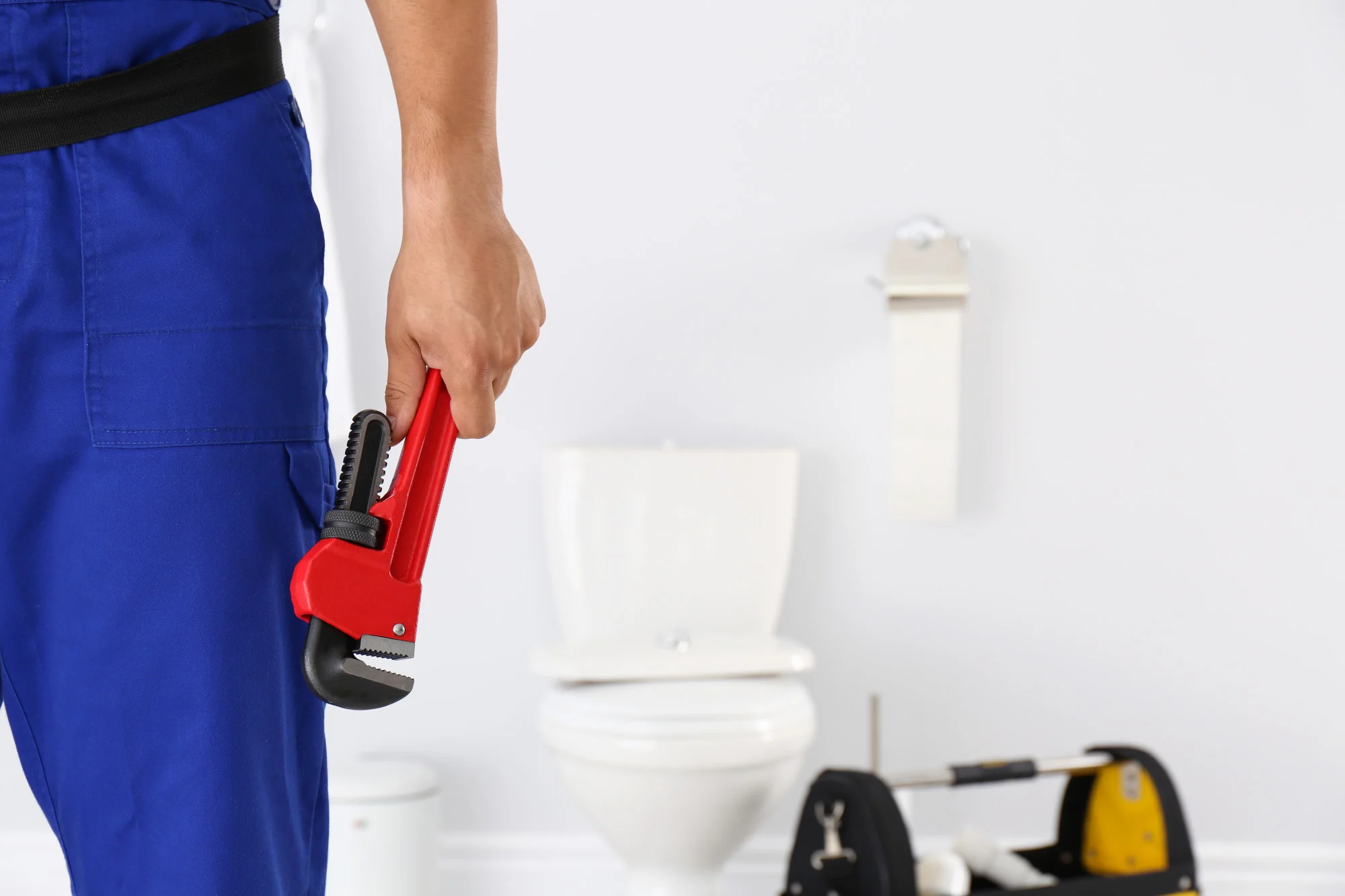
Credit: waterworkplumbing.com
What to Do When an Emergency Occurs
If you have been unfortunate enough to experience a plumbing emergency, don’t panic. The first step is to identify the source of the problem and then take the necessary steps to fix it. This may mean turning off the main supply of water or electricity. Once the main source is turned off, you can assess the situation and determine the best course of action.
If the problem is minor, such as a clogged drain, you may be able to fix it yourself. However, if the issue is more serious, such as a broken pipe or a burst water heater, it is important to contact a professional plumber as soon as possible. A professional plumber can diagnose the problem and provide the best solution for your particular situation. Furthermore, they can take the necessary steps to minimize the damage and get your plumbing system back up and running as soon as possible.
If you find yourself in a plumbing emergency, it is important to stay calm and take the necessary steps to mitigate the situation. Identify the source of the problem and, if possible, turn off the main supply of water or electricity. From there, assess the situation and determine the best course of action. If the issue is minor, you may be able to fix it yourself. If the problem is more serious, contact a professional plumber immediately. They can diagnose the problem and take the necessary steps to get your plumbing system up and running again.
Choosing the Right Plumber for the Job
When it comes to plumbing emergencies, prevention is key. Choosing the right plumber for the job is essential to avoiding costly and time-consuming disasters. To ensure you’re getting the best service, start by asking for recommendations from family, friends, or neighbors who have had similar work done. You can also check online reviews from previous customers to make sure the plumber is reliable and experienced. Once you’ve identified a few potential plumbers, ask them for a quote and/or references from past customers.
Familiarize yourself with the plumber’s qualifications such as certifications, insurance, and licensing. This is especially important when it comes to more advanced plumbing work like water heater installation. Professional certification means the plumber has gone through the necessary training and is up-to-date on the latest plumbing technologies and techniques. Additionally, make sure they have the necessary insurance to cover any potential damages that may occur during the job.
When you’ve found the right plumber, be sure to discuss all the details of the job, including the estimated timeline and budget. Don’t be afraid to ask questions and make sure you’re both on the same page. A good plumber will be willing to answer any questions you have and will be transparent about the job.
By doing your research and choosing the right plumber for the job, you can help avoid plumbing emergencies. Not only will this save you time and money, but you’ll also have peace of mind knowing that the job is being done correctly.
Common Plumbing Emergency Causes
No one wants to suffer through a plumbing emergency, but it can happen to anyone. Fortunately, there are some steps you can take to reduce the chances of a plumbing emergency taking place in your home. One of the most important steps is to understand the common causes of plumbing emergencies. Knowing what can go wrong can help you take the necessary steps to prevent it from happening.
The most common causes of plumbing emergencies are clogged drains, broken pipes, and water leaks. Clogged drains occur when a sink or shower drain is blocked by a buildup of debris, such as hair, soap scum, and dirt. To address this issue, it is important to regularly clean your drains and be mindful of what is going down them. Broken pipes can occur due to extreme weather, poor installation, or old, corroded pipes. To avoid this, be sure to insulate your pipes during cold weather and periodically inspect them for signs of wear and tear. Water leaks can occur due to faulty plumbing fixtures or loose connections. To avoid this, it is important to check for signs of leaking around your pipes and fixtures and make sure the fixtures are properly tightened.
Tips for Avoiding Plumbing Emergencies
No one wants to deal with a plumbing emergency; however, this situation is all too common. A plumbing emergency can be caused by a variety of factors such as a burst pipe, clogged drain, or a malfunctioning septic tank. To avoid these costly and time-consuming plumbing emergencies, there are several preventive measures you can take.
First, you should regularly inspect your plumbing system and check for any signs of damage or wear and tear. You should look for cracked or corroded pipes, water pressure issues, leaks, and other signs of plumbing trouble. It’s also important to inspect your water heater for signs of corrosion, sediment buildup, and other issues.
Second, you should make sure that your plumbing fixtures are installed and maintained properly. This includes shower heads, faucets, toilets, and other fixtures. It’s important to regularly inspect these fixtures for signs of wear, tear, and leakage. If you find any problems, it’s best to have them repaired or replaced as soon as possible.
Third, you should consider installing a water pressure regulator to ensure that your water pressure remains consistent. This can help prevent pipes from bursting due to high water pressure. Additionally, you should also make sure that your pipes are properly insulated to reduce the risk of freezing.
FAQs About the How Do You Avoid A Plumbing Emergency?
1. How often should I have my plumbing checked?
It is recommended that you have your plumbing systems inspected and serviced every year by a professional plumber. This will help to identify potential issues before they lead to a plumbing emergency.
2. What can I do to prevent a plumbing emergency?
Regular maintenance of your plumbing systems is the best way to prevent a plumbing emergency from occurring. Additionally, being aware of the signs of an impending plumbing emergency will help you address the issue before it becomes an emergency.
3. What should I do if I experience a plumbing emergency?
If you experience a plumbing emergency, the best thing to do is contact a professional plumber immediately. Attempting to fix the issue on your own can lead to further damage and costly repairs.
Conclusion
To avoid a plumbing emergency, it is important to stay on top of regular maintenance and inspections. Have a professional plumber come to inspect your plumbing system at least once a year. Be sure to check for any issues or signs of damage, such as leaky pipes, clogged drains, and corroded fittings. Take care of any minor problems quickly to prevent them from becoming a bigger and more costly issue. It is also important to be aware of any warning signs of a plumbing emergency, such as low water pressure, gurgling noises, and foul odors. By taking the right preventative measures and being aware of potential issues, you can help to avoid a plumbing emergency.

